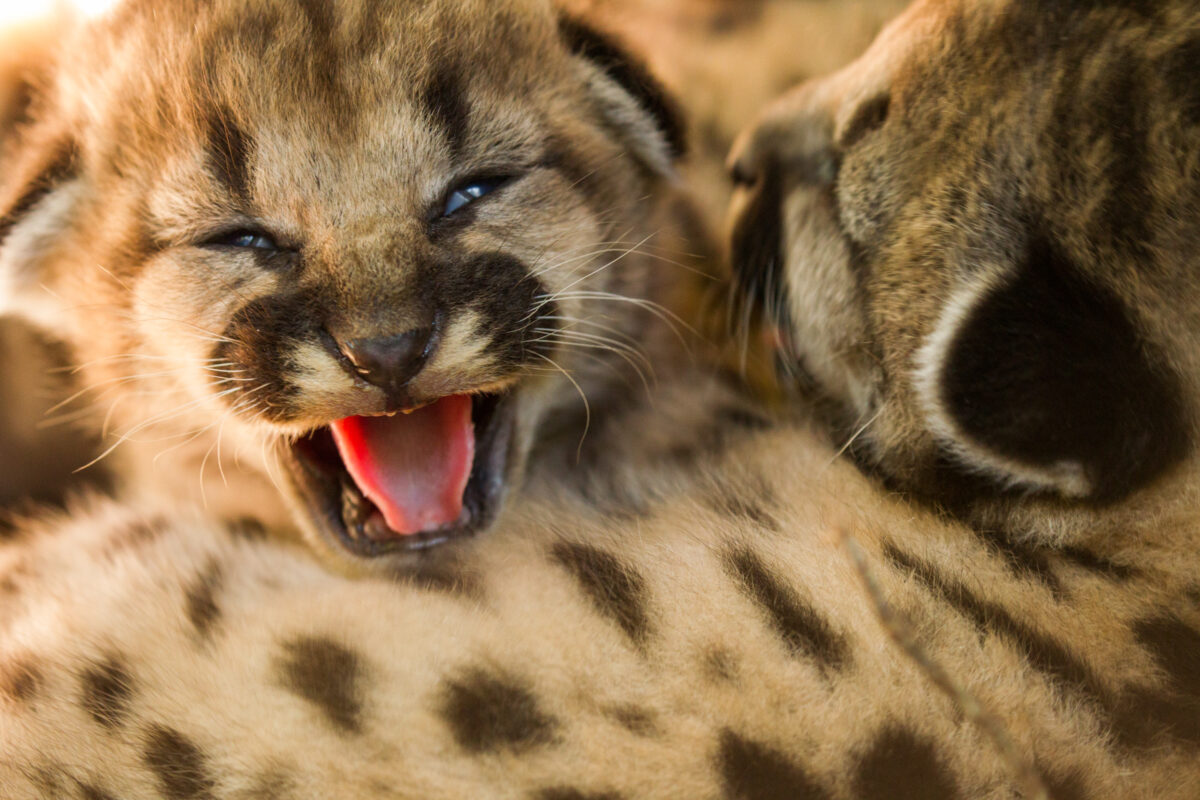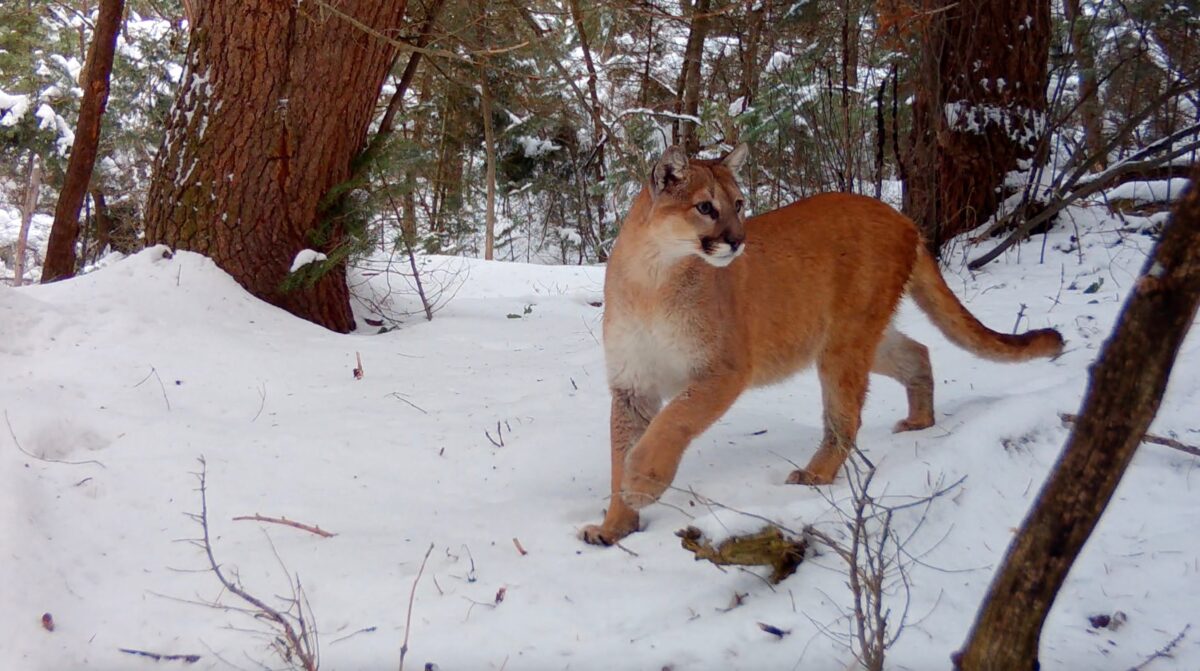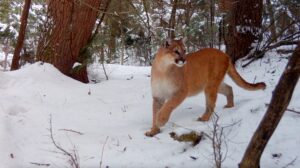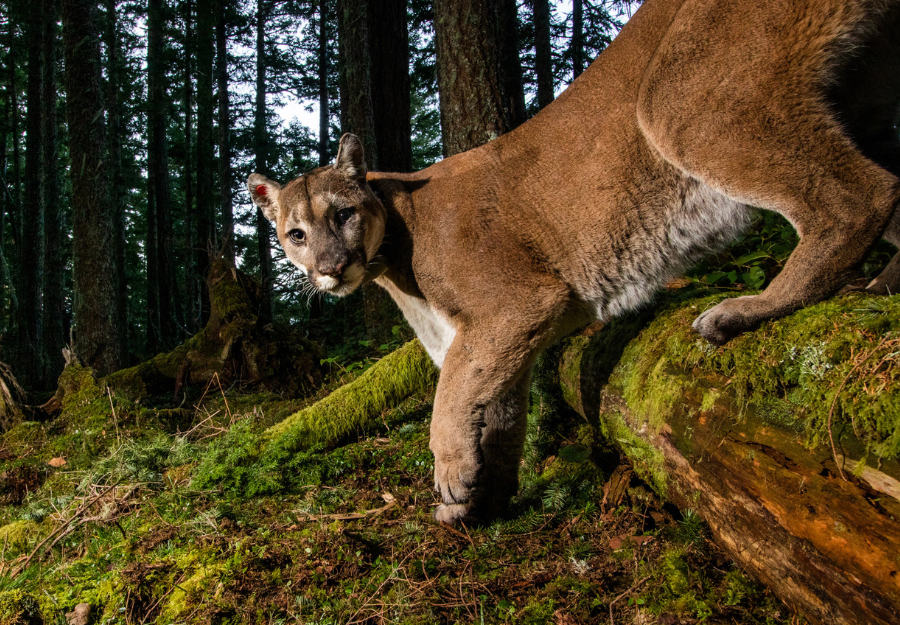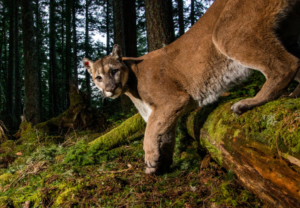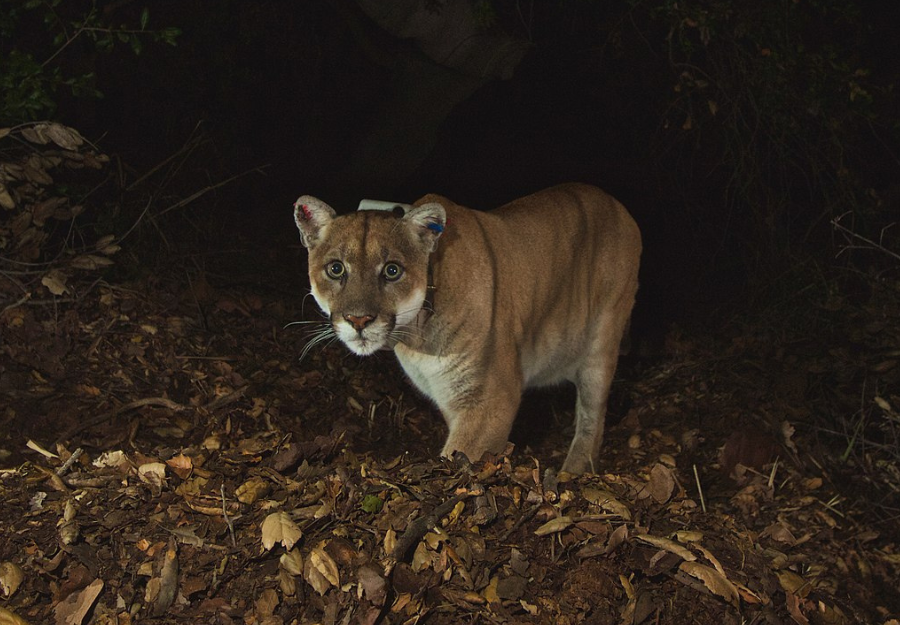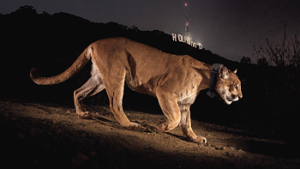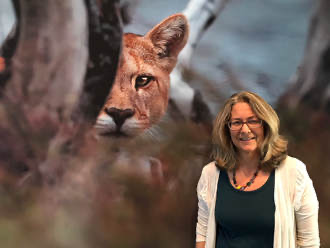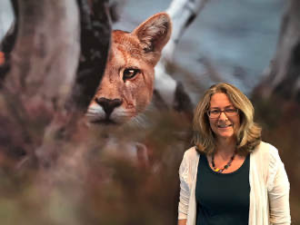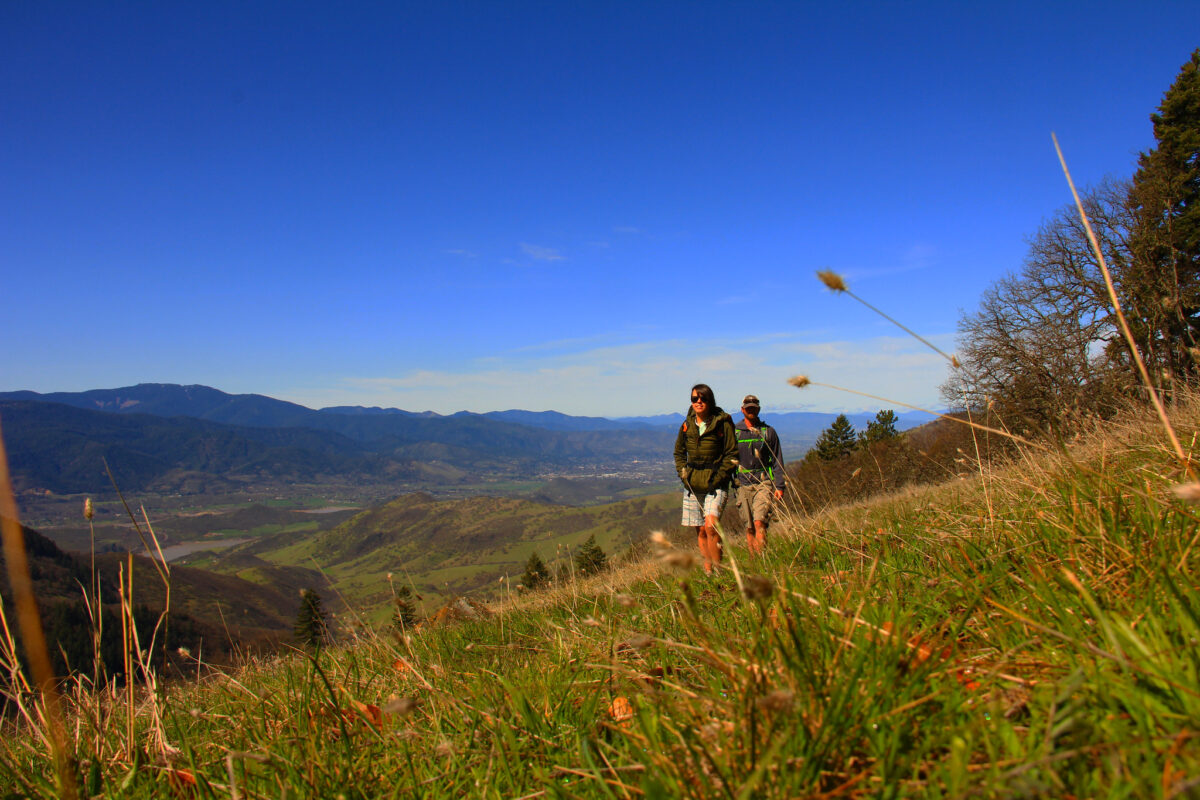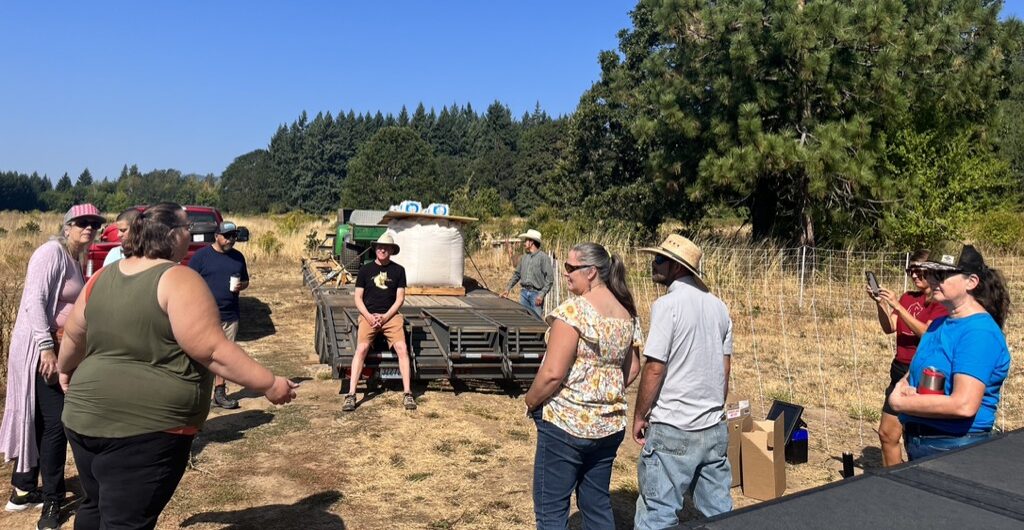By R. Brent Lyles, Executive Director
As 2023 winds down and we look ahead to 2024, I’m delighted to share with you some of my personal highlights from this past year. These include programmatic successes, stories of impact, and some work behind the scenes to strengthen our organization. I’ll also share here some thoughts about our exciting plans for the year ahead.
Across the country, mountain lions face a growing list of challenges, including the loss and fragmentation of habitat, real-time manifestations of the rapidly unfolding climate crisis, and hunting pressures that go well beyond what the science tells us that lion populations can realistically sustain. If you’re reading this, I probably don’t need to elaborate on these challenges, but suffice it to say that the work of the Mountain Lion Foundation is needed more than ever.
These challenges were on our minds as the Mountain Lion Foundation’s staff and board of directors launched an organizational strategic planning initiative in the Spring of 2023. As we considered future priorities for the organization, we sought input from our members and donors, we considered the landscape of opportunities and challenges on the horizon, and we reached out for suggestions and advice from other wildlife organizations, our partners, working scientists, representatives from Indigenous nations, and thoughtful leaders from across the social and political spectrum.
What emerged were the following three Key Organizational Priorities for our work:
- Champion broad protections for mountain lions and their habitats across the United States;
- Cultivate proactive, community-based coexistence for people and lions; and
- Foster deep appreciation of mountain lions and their ecological significance.
I think about our successes in 2023 in terms of these three priorities.
Protection and advocacy in 2023:
At the end of the day, our work must result in “saving cats,” as our board members are fond of saying. To that end, in 2023 the Mountain Lion Foundation launched a lawsuit in Utah to overturn an incredibly dangerous expansion of hunting in that state; we joined an inspiring coalition of advocates in Colorado to end lion trophy hunting in that state; and we worked with many partners to outlaw some very potent rodenticides that were sickening mountain lions in California. We also spent considerable time in Washington state, working with partners to begin dialing back excessive cougar hunting in that state. What’s more, we spoke out in Montana, Nebraska, the Dakotas, and more, opposing proposals to increase mountain lion hunting.
Proactive coexistence in 2023:
In addition to responding to dozens of requests for help in 2023 — from sheep ranchers who had lost livestock because of non-lion-proof enclosures to representatives from USDA’s Wildlife Services who wanted to incorporate more non-lethal options into their incident-response plans — the Mountain Lion Foundation formalized and piloted two new coexistence programs in 2023 in Washington and California. The first, Coexistence in Practice, offers coexistence tools and intensive, hand-on trainings to local communities across the countrywere lion activity is especially high. The second, the Coexistence Ambassadors program, prepares individual advocates to educate their neighbors and local leaders about how to live in peace with lions. It also trains these Ambassadors to fight for the protection of lions in their communities.
Outreach and education in 2023:
Fostering a deep appreciation of mountain lions and their ecological importance is all about communication, and the Mountain Lion Foundation made great strides in this area in 2023. We rebuilt reimagined and expanded all of our communications functions — our newsletters, social media, our website, and our relationships with journalists and the media-support systems — from the ground up. As a result, we reached thousands more people across the country this year, we provided the most up-to-date scientific information to decision-makers and the media, and we earned national and statewide media attention. We also relaunched our highly engaging, monthly webinar series, Living With Lions, and expanded our organizational partnerships in order to multiply our impact.
In addition to these programmatic successes, we also made some changes behind the scenes to support our staff and operations. We reorganized staff responsibilities to align better with our programs, we strengthened our staff benefits and prioritized healthy work-life balances, and we restructured some of our financial systems to facilitate greater efficiency and transparency. I’m proud of the progress we’ve made in this area, and together, these changes are helping our organization to be as strong and lean as a mountain lion!
Looking ahead to 2024:
Many of these programmatic initiatives, including especially our work in Colorado and Washington, our newly launched coexistence programs, and our outreach programming, will continue and expand in the coming year. We are also planning new coalition-based projects for lion protection in California and Nevada, and we are excited about a potential new outreach partnership in Montana. Guided by the input we received during our strategic planning process, we’ll also be exploring opportunities in the education of school-age children and the reintroduction of mountain lions in eastern states.
None of this work — none of it — would be possible without strategic and values-driven financial investments by our members and donors. Your contributions enable our staff to face the mounting challenges ahead with creativity, passion and determination. This is not just our work — when you make that generous investment, whether it’s large or small, our work becomes your work too. Thank you for your partnership, and together, we’ll ensure that mountain lions survive and flourish in the wild. You have my humble respect and personal appreciation.
For the lions!



